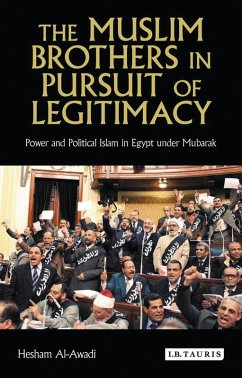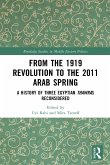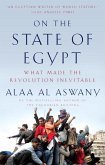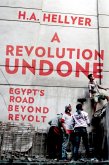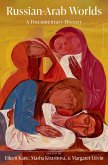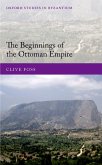Following the 25th January revolution, the Muslim Brotherhood emerged as the most organised and successful political force in Egypt as they cashed in on decades of grassroots mobilisation and growth. Through dominance in syndicates and unions, the provision of social services and participation in elections, this the Brotherhood steadily expanded under Mubarak. Hesham Al-Awadi's lucid and original argument frames this period as one of struggle over legitimacy between the regime and this then banned organisation, charting a cycle of accommodation and coercion. The Brotherhood failed to secure the recognition of the state, but gained an informal legitimacy as it occupied the spaces opened up by Mubarak in an early attempt to shore up the credibility of his regime. This social legitimacy became a threat to the regime, haunted by the regional rise of Islamists and a failure to legitimate its leadership, and ushered in an era of coercion.
Through these complex dynamics of the conflict and control, and drawing on interviews with key figures such as Abdul Mun'em Abu Al-Futuh, Esam Al-Aryan and Mustafa Al-Fiqi, Al-Awadi sheds light on the Mubarak era and the Muslim Brotherhood that have risen out of it.
Through these complex dynamics of the conflict and control, and drawing on interviews with key figures such as Abdul Mun'em Abu Al-Futuh, Esam Al-Aryan and Mustafa Al-Fiqi, Al-Awadi sheds light on the Mubarak era and the Muslim Brotherhood that have risen out of it.

